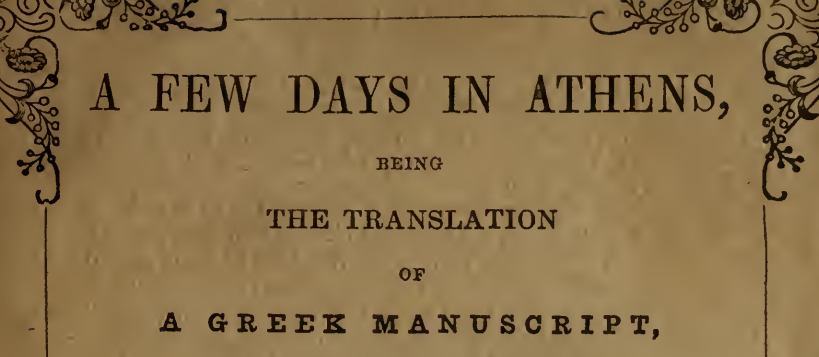Ah yes Good vs. Evil and whether they exist as absolutes…the great debate.
It seems to me that despite the emotion involved, the largest part of this question is "definitional" and even "logical" so probably every time it's discussed with newer people, it needs to be hit home that there can be a lot of emotion and personal attachment involved in discussing this. Right Don? ![]()


